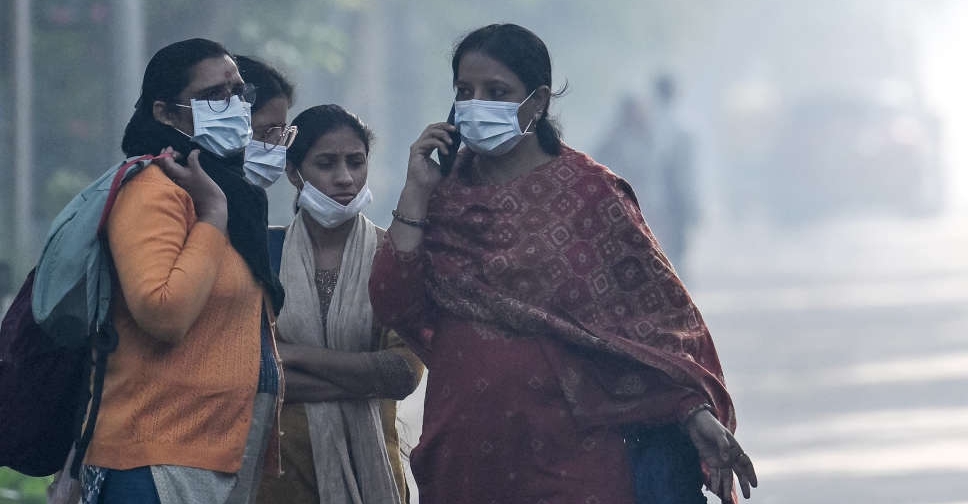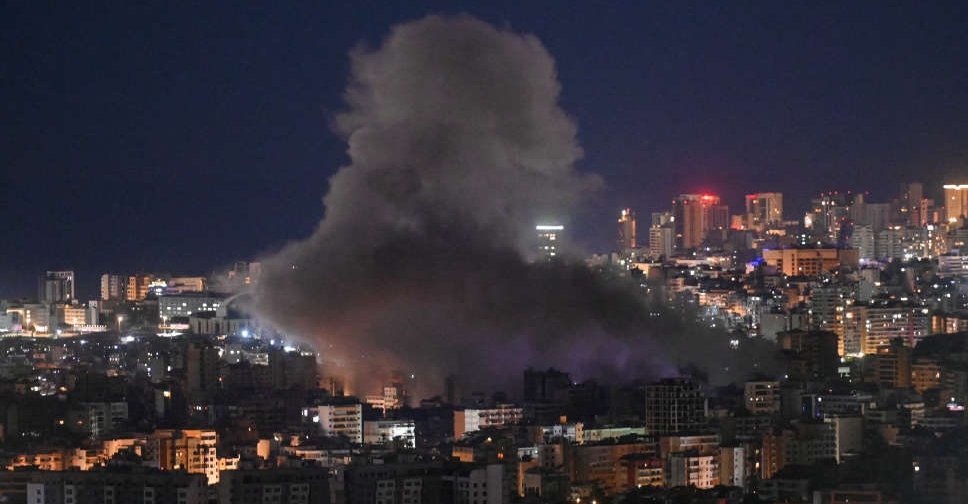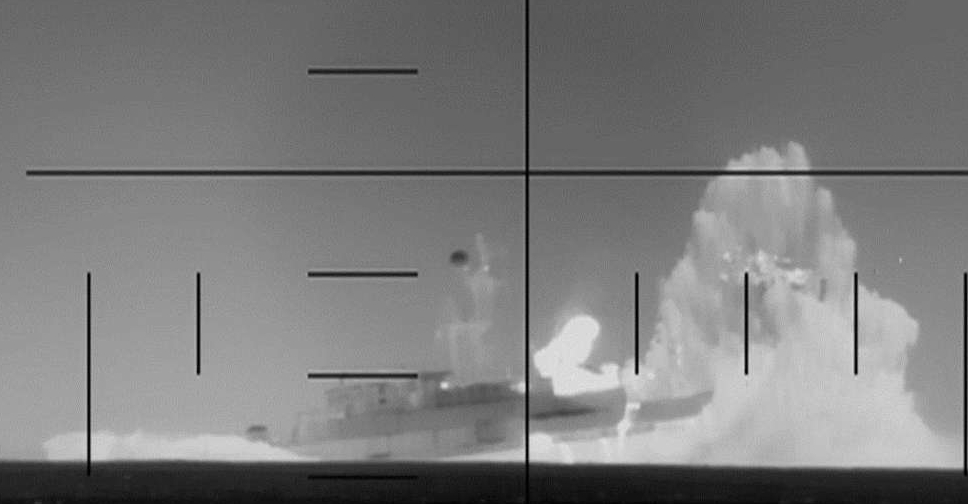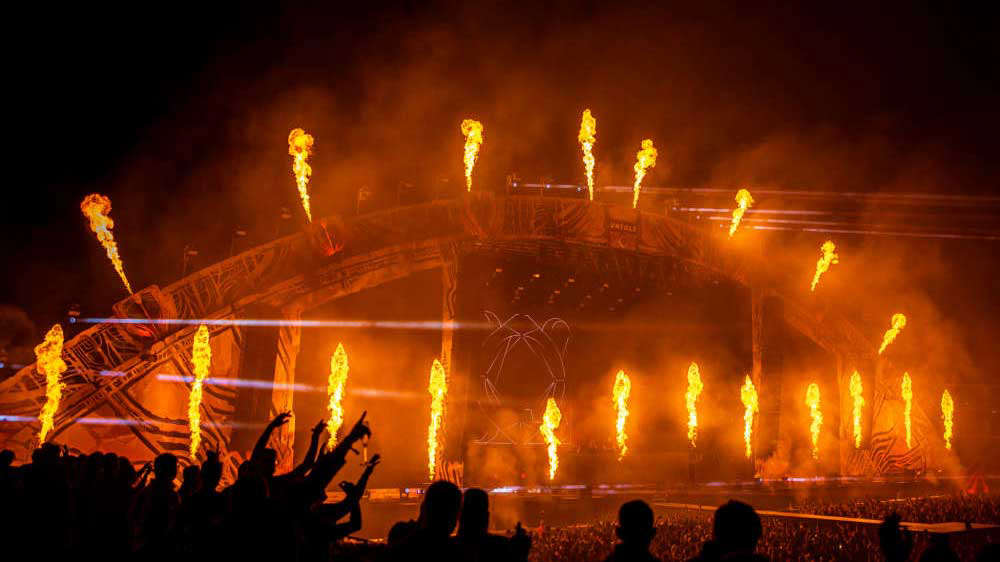
India imposed stricter anti-pollution measures in its capital New Delhi and adjoining areas on Tuesday, as the air quality deteriorated to "severe" levels, the government body responsible for air quality management said.
The Commission for Air Quality Management said stage three of the Graded Response Action Plan was enforced on Tuesday, "keeping in view the prevailing trend of air quality, and in an effort to prevent further deterioration".
Under stage three, non-essential construction is banned and curbs on industrial activity using polluting fuels are enforced.
Delhi's air quality index hovered above 400 at several monitoring stations on Tuesday morning, in the "severe" category, as compared with "good" readings below 50, Central Pollution Control Board data showed.
The move follows a weekend protest at the India Gate monument where police detained dozens of people demanding cleaner air, a rare public demonstration against pollution in the capital.
Government satellite data showed a rise in crop stubble fires, used by farmers to clear land before the next planting, since the start of November. In the past, such fires have been a cause for high pollution in northern India.
However, the Indian government said the total number of farm fire incidents from September 15 to November 9 were much lower this year than in the past.
Delhi and surrounding districts are often covered in smog during winter, as cold, dense air traps emissions from vehicles, construction sites and crop burning, pushing pollution levels to among the highest in the world and exposing the capital's 30 million residents to severe respiratory risks.



 72 killed in Israeli attacks on Lebanon as it warns residents to leave south
72 killed in Israeli attacks on Lebanon as it warns residents to leave south
 Landslide kills over 200 people at Congo's Rubaya mine
Landslide kills over 200 people at Congo's Rubaya mine
 80 people killed after US sinks Iranian warship
80 people killed after US sinks Iranian warship
 Emergency GCC-EU meeting to discuss Iranian aggression
Emergency GCC-EU meeting to discuss Iranian aggression
 Omani navy rescues cargo ship crew after missile strike
Omani navy rescues cargo ship crew after missile strike




